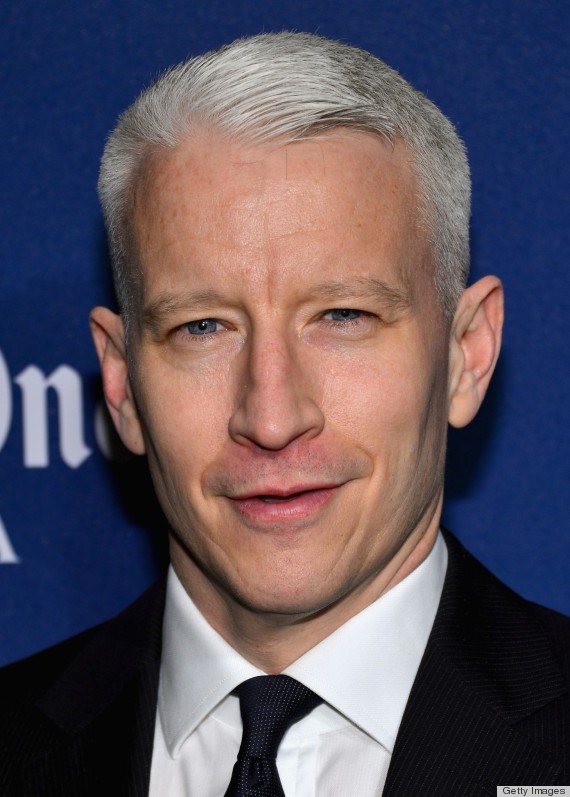There was some familiar fallout from this week’s special hearing of a Senate Judiciary subcommittee at which former Deputy Attorney General Sally Yates testified about her repeated warnings early this year to the White House about the compromised position of then National Security Adviser Michael T. Flynn vis-à-vis his relations with Russia. The major fallout from that reminder is, of course, that a larger Congressional investigation into possible collusion between the 2016 Trump presidential campaign and the Russian government remains inevitable.

A secondary point emerged in one or two of the extended TV pundit-fests that followed the session. Former CIA Director James Woolsey, under grilling from CNN’s Anderson Cooper, touched upon it fairly boldly, leaping from the macro subjects of Flynn’s tomfoolery and last year’s Russian skullduggery to the micro-subject of potential ballot tampering by Russia or some other foreign adversary the next time there’s a major national election in this country.
As Woolsey pointed out to Cooper, 25 percent of the election machines in this country “have no paper” and therefore no paper trail, and consequently, in the absence of such black-and-white print-out evidence capable of countering an electronically forged vote total, are wide open to hacking. There has been an extraordinary amount of self-satisfied relief expressed on both sides of the partisan line in Washington concerning the fact that, while there is ample evidence that the Russians looked into skewing our voting-machine results, there is no evidence indicating that they succeeded.
Not this time, maybe. But the important fact is that they tried. Maybe by 2020, or even 2018, they’ll figure out how to do it. And then, as former director Woolsey was at such pains to point out, we’ll really be in trouble.
Here in Shelby County, we have had our share of equally farsighted (but so far disregarded) prophets on this vital point. University of Memphis assistant law dean and former County Commissioner Steve Mulroy tirelessly evangelized for paper-trail voting machines for years, and Joe Weinberg, a dedicated watchdog on the activities (and inactions) of the Shelby County Election Commission for much of the last decadde, has persistently warned of the vulernabilities of our current electronic voting machines.
We can debate the relative degree of success enjoyed by the Russians in their assault on our presidential election process in 2016. They may or may not have tilted the election in the direction of the eventual winner, Donald Trump. But last year’s was but a trial run of sorts, and the next time out, Russia or North Korea or some other mischief-making adversary may have the process down cold.
It is painful to remember that in 2008 the Tennessee General Assembly actually obtained federal funding for making the state’s electronic voting machines paper-trail capable, but in subsequent years an emergent Republican majority took steps to redirect those funds into a propaganda fund on behalf of what became the state’s current useless and even insidious Photo-ID law. That was another electoral misfortune in which the word “hack” (in one of its other meanings) played a significant part.